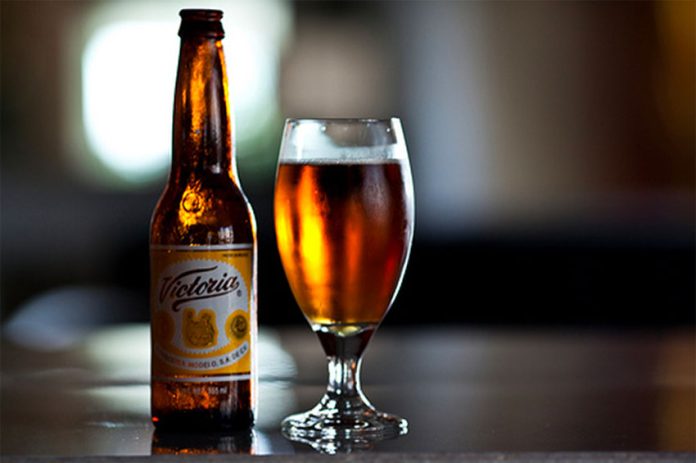Taxes on sugary drinks, junk food, alcohol and cigarettes should be increased to reduce pressure on the government’s healthcare budget, according to a consumer rights group and a health advocacy coalition.
Alejandro Calvillo, president of El Poder del Consumidor (The Power of the Consumer), told a press conference that an additional 50 billion pesos (US $2.5 billion) in revenue could be generated by raising taxes on the first three products.
The funds would enable the government to increase this year’s healthcare budget of 124 billion pesos by 40%, he said.
Calvillo proposed lifting the IEPS excise tax on sugary drinks from 1 peso per liter to 2, explaining that an additional 13.4 billion pesos could be collected annually.
Junk food taxes should increase from 8% to 12%, he said, while those on beer should go up to 35% from 26%.
Calvillo proposed increasing taxes on other alcoholic beverages to between 45% and 60% from the current range of 30% to 53%.
Erick Ochoa of México SaludHable said that taxes on cigarettes need to be adjusted for inflation.
“Currently a tax of 0.35 centavos per cigarette is charged. So, for each packet of 20 cigarettes, tax of 7 pesos is paid. With an adjustment for inflation this would increase to around 0.48 centavos per cigarette, which would be [tax of] almost 10 pesos per packet,” he said.
That hike would increase government revenue by 53.3 billion pesos compared to the amount collected in 2017.
Coupled with the additional revenue that would be generated by higher taxes on the other products, an extra 103.3 billion pesos (US $5.2 billion) could be injected into the federal health budget.
Calvillo said the proposal by the organization he heads has already been presented to a budget committee of the lower house of Congress, where it was well received.
However, he predicted that gaining support in the upper house will be more difficult because senators are more susceptible to influence from private sector lobbyists.
Even if it were passed, Mexico would still not reach the World Health Organization’s recommended level of taxation on products that are harmful to human health, Calvillo said.
He warned that if the government doesn’t increase taxes on the proposed products, the nation’s public finances will come under significant pressure and people’s health will suffer.
“They’re products that are addictive . . . They’re associated with problems of self-control and compulsive consumption . . . When we talk about the taxes on these products, it’s not just a discussion about revenue raising but rather a strategy to reduce consumption that causes harm to public finances, health and families’ finances.”
Source: El Economista (sp)
